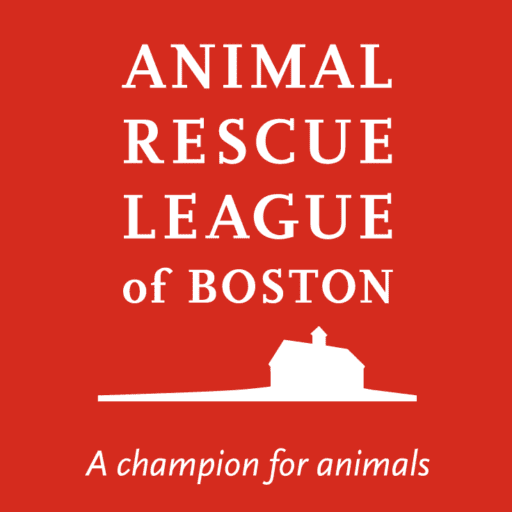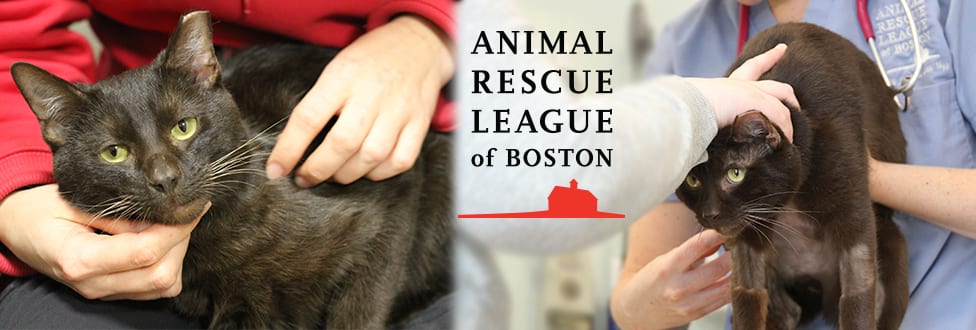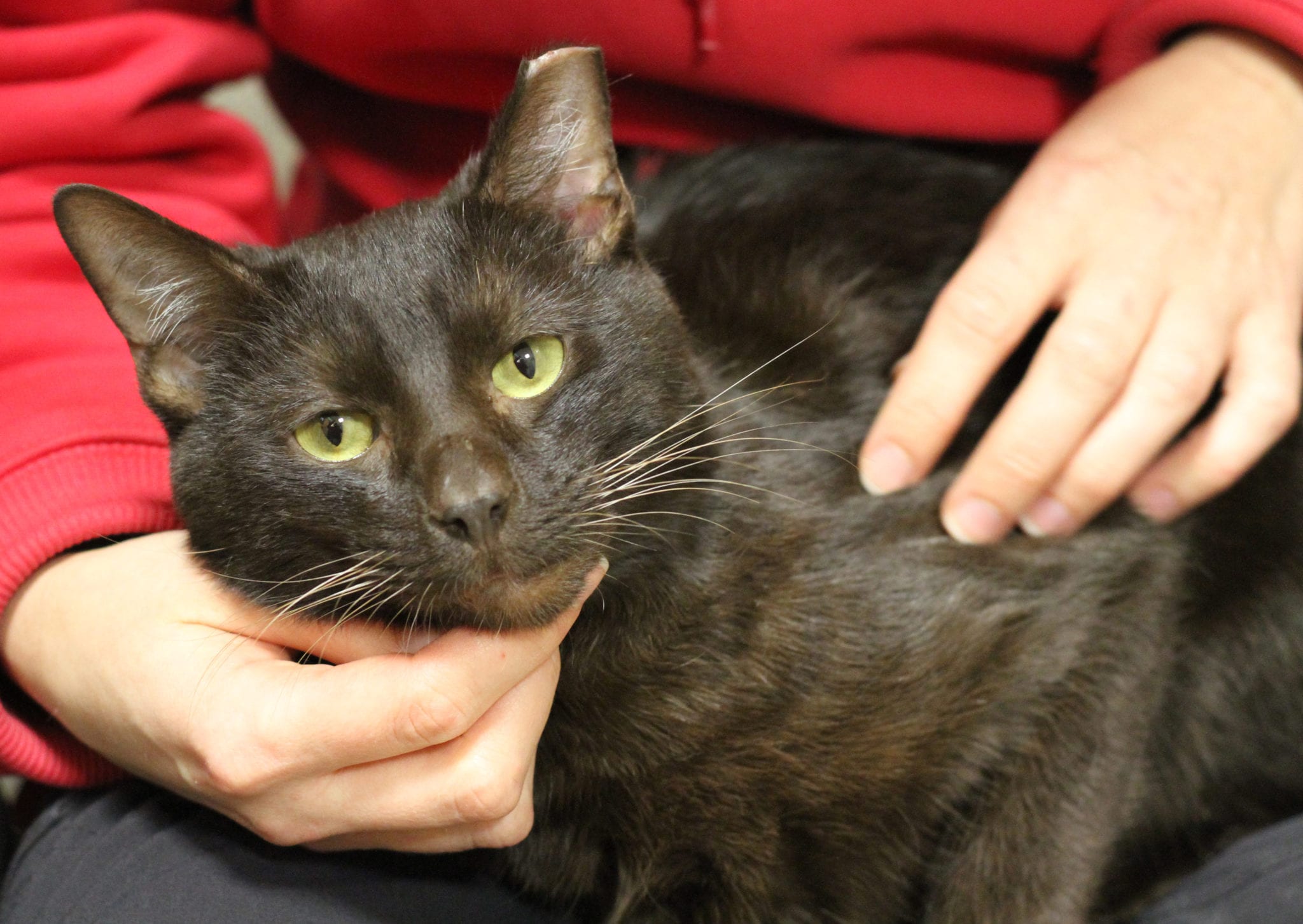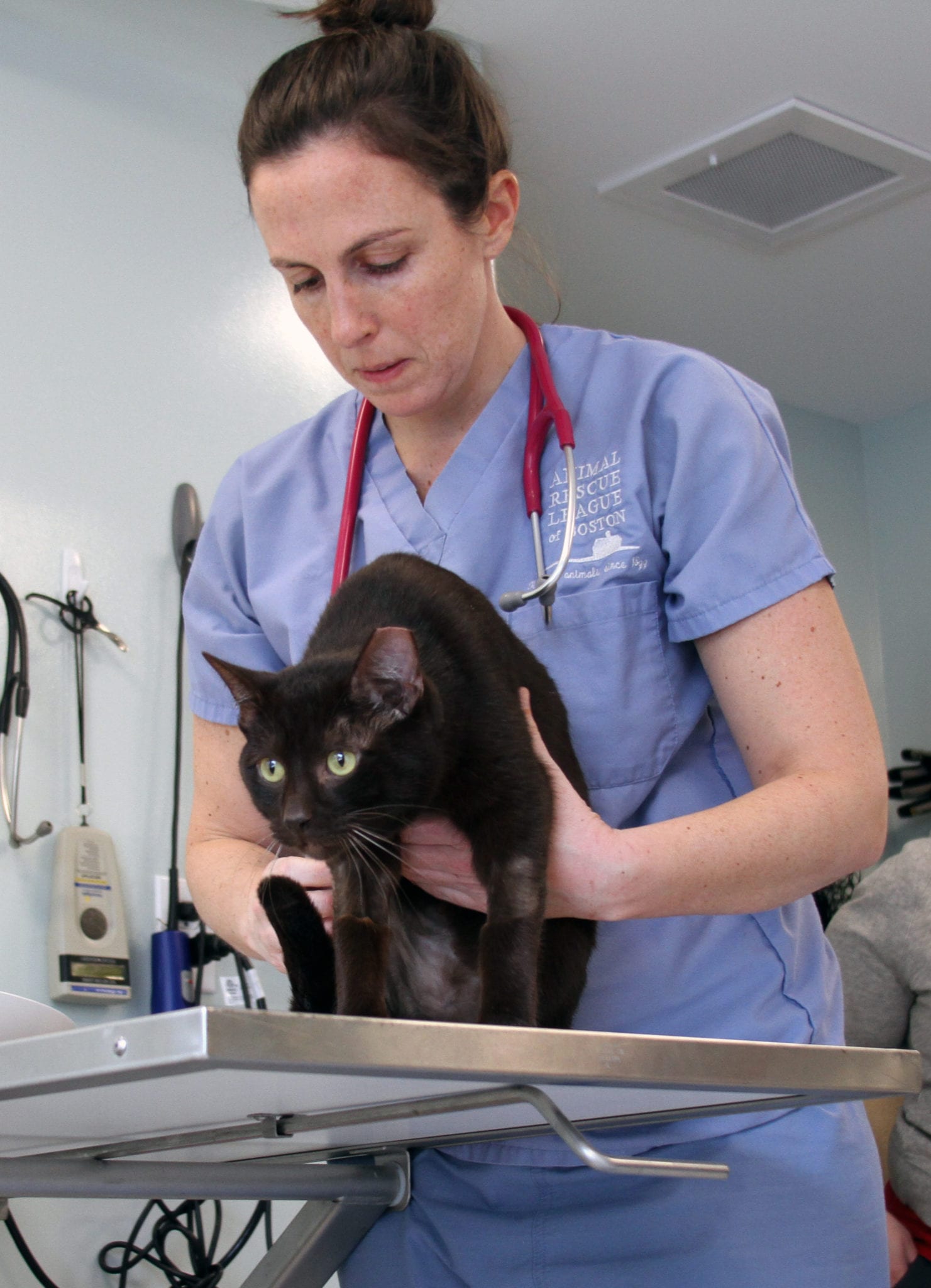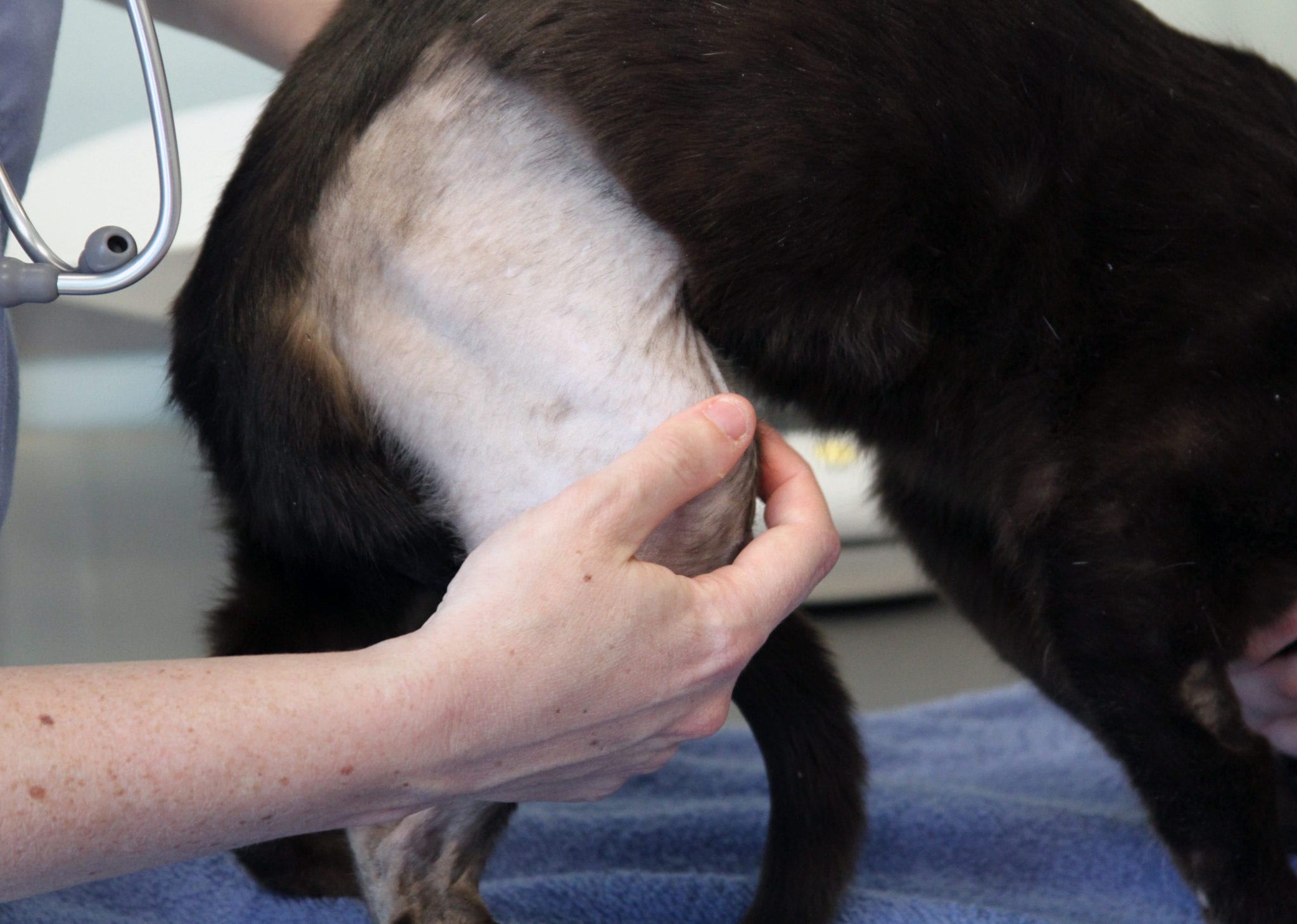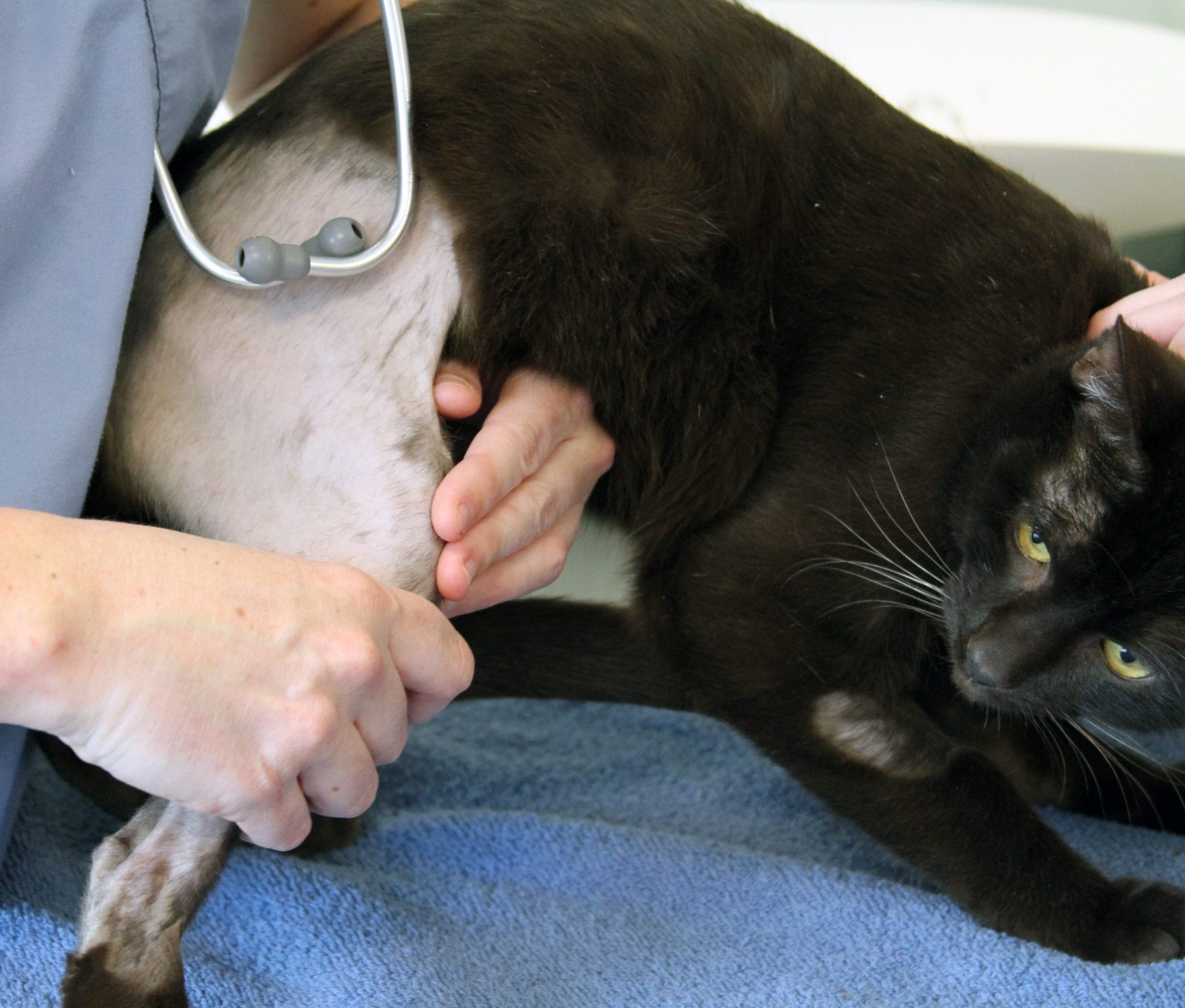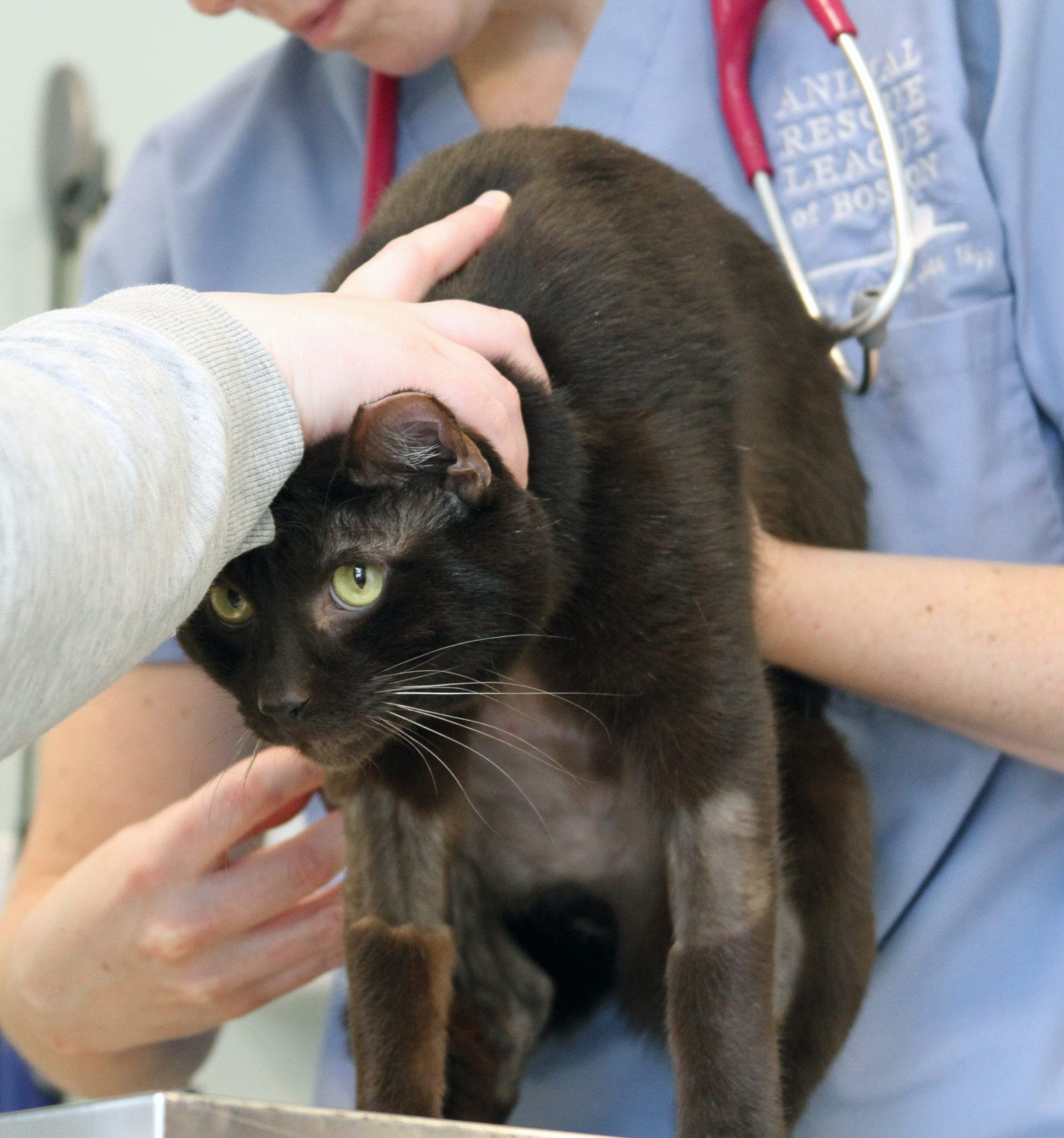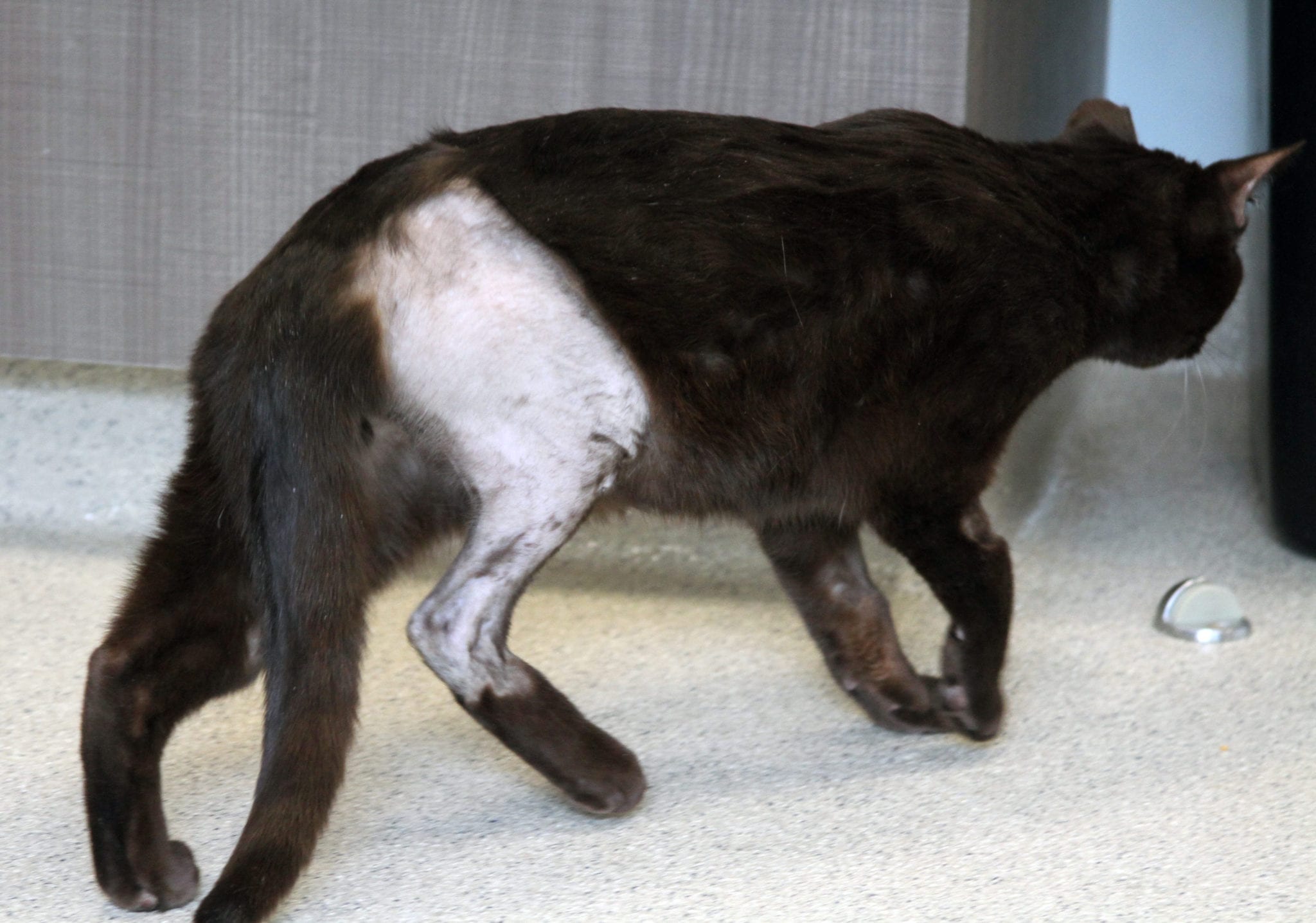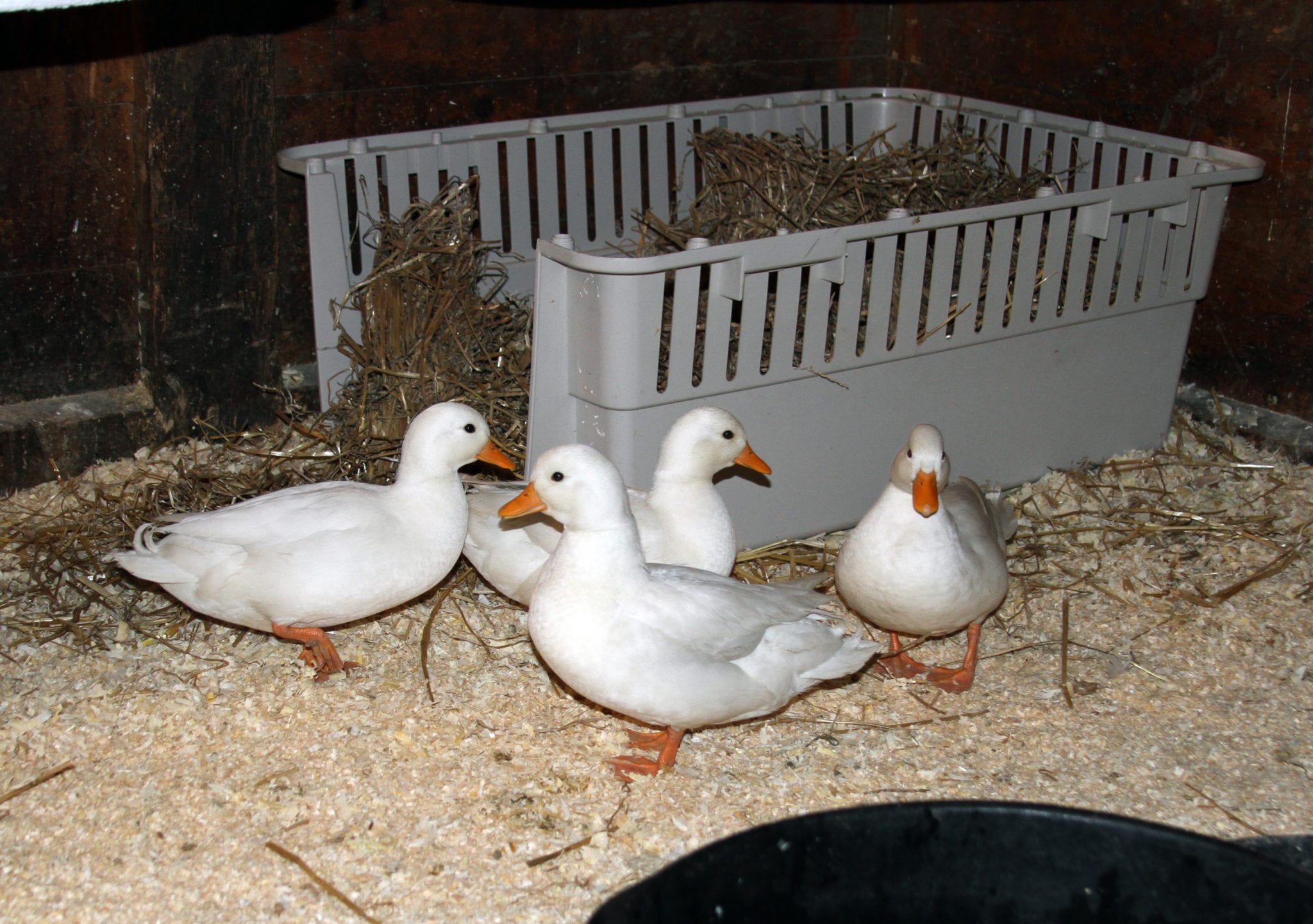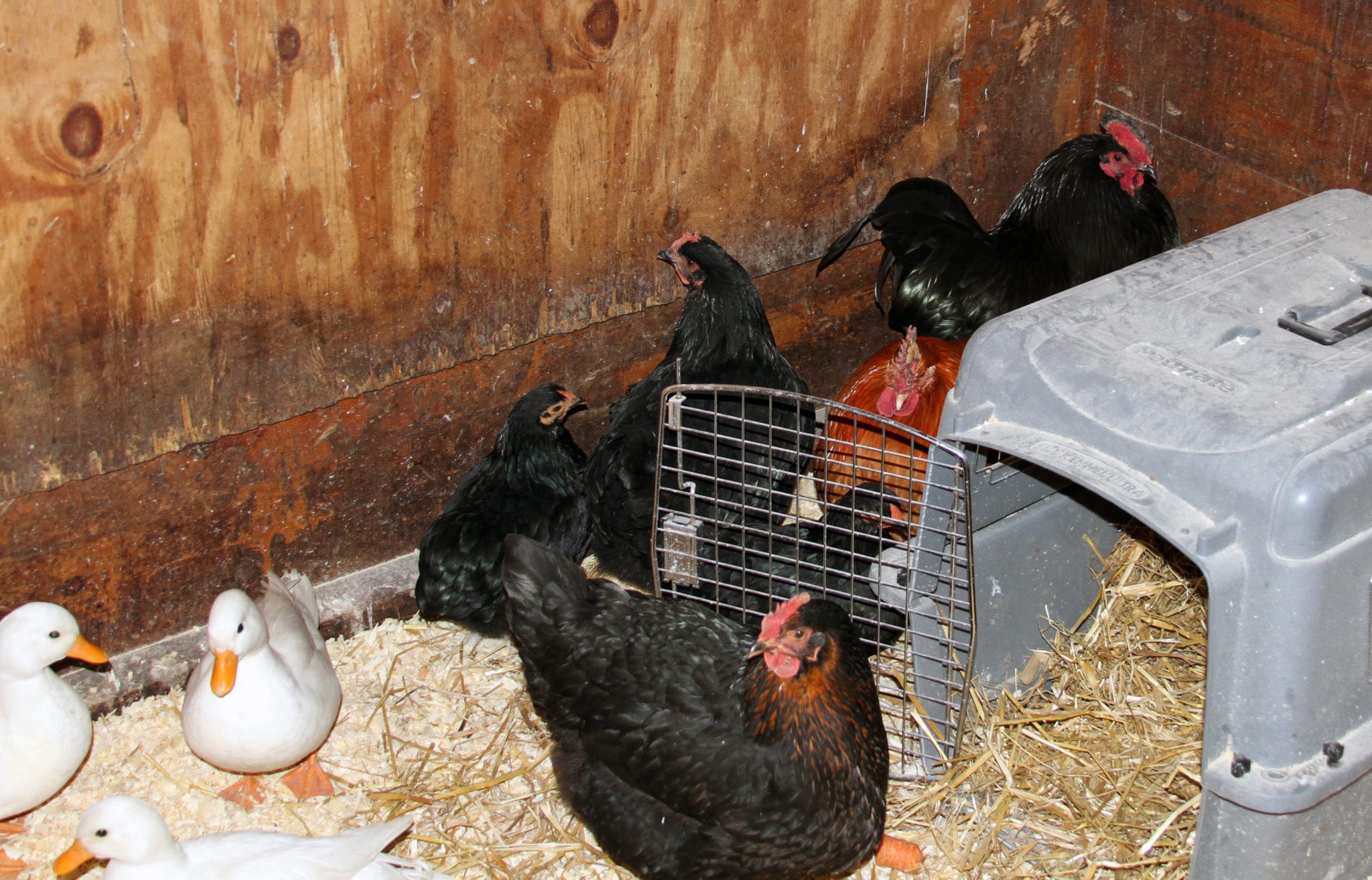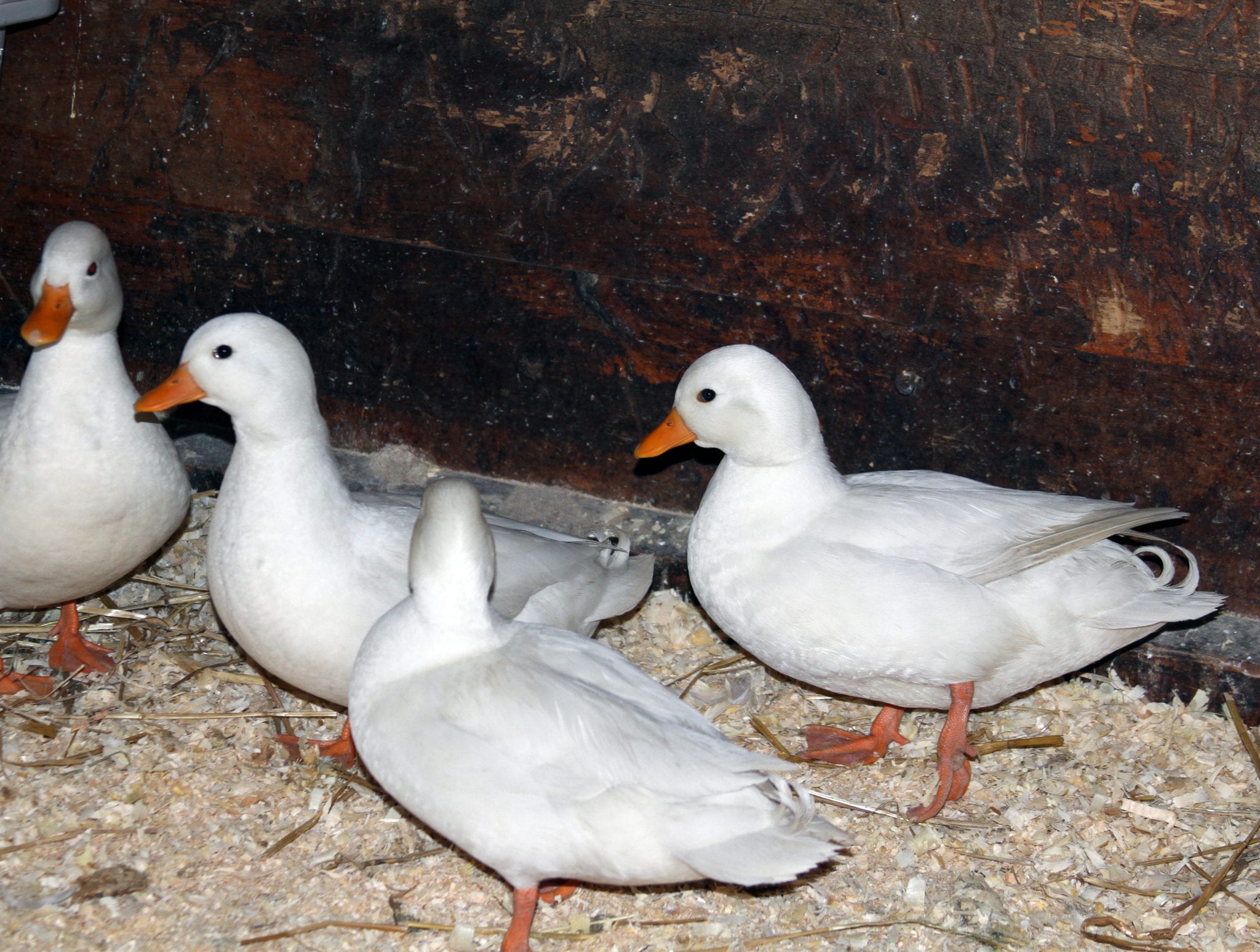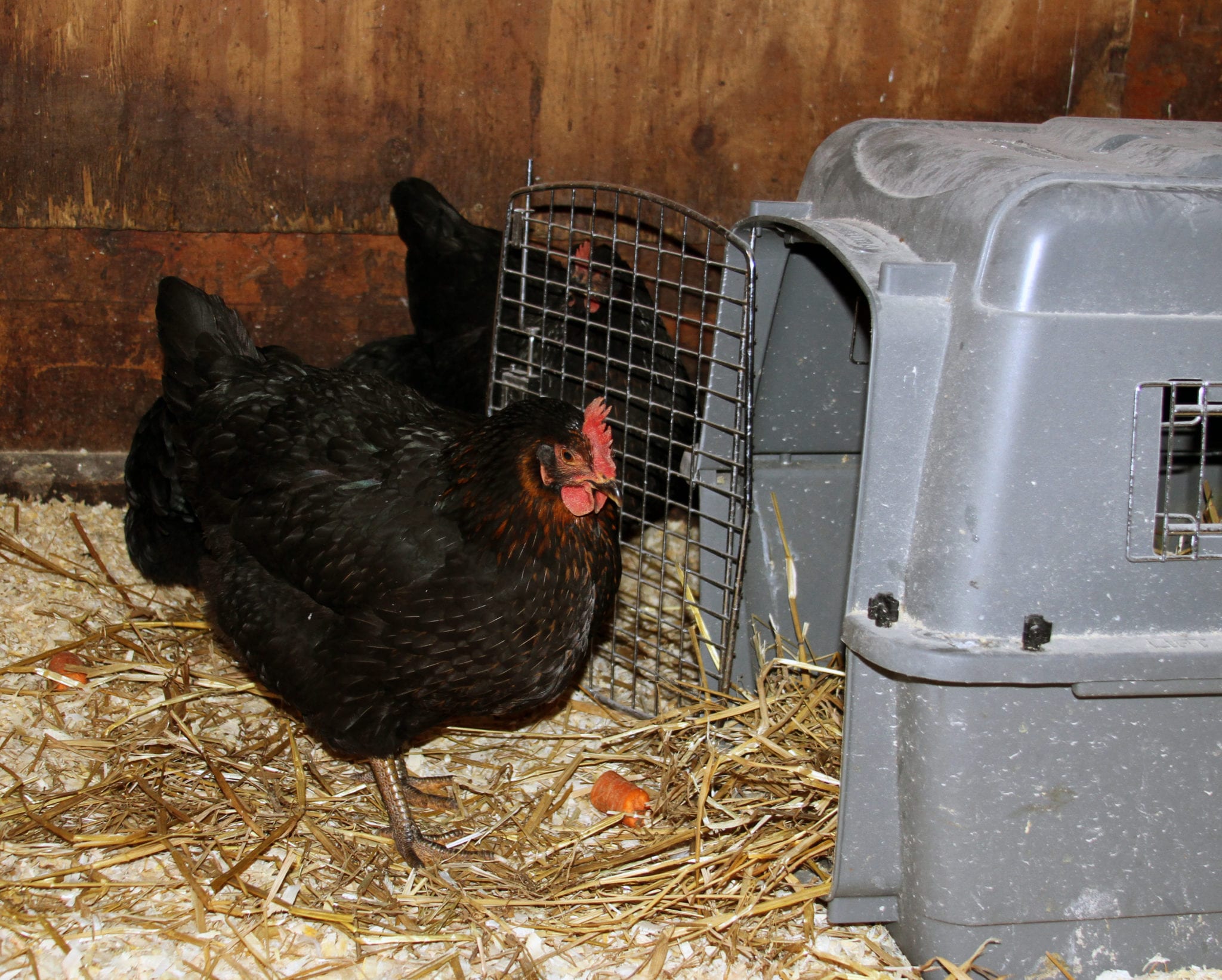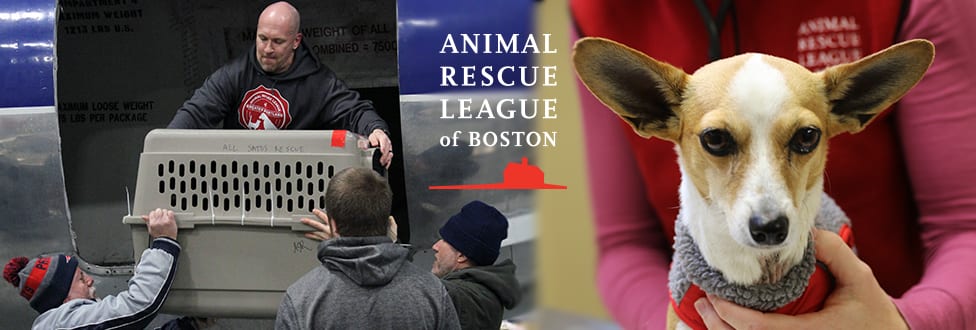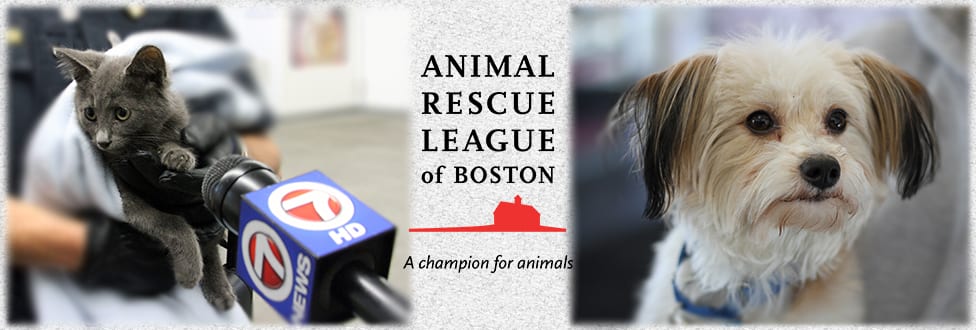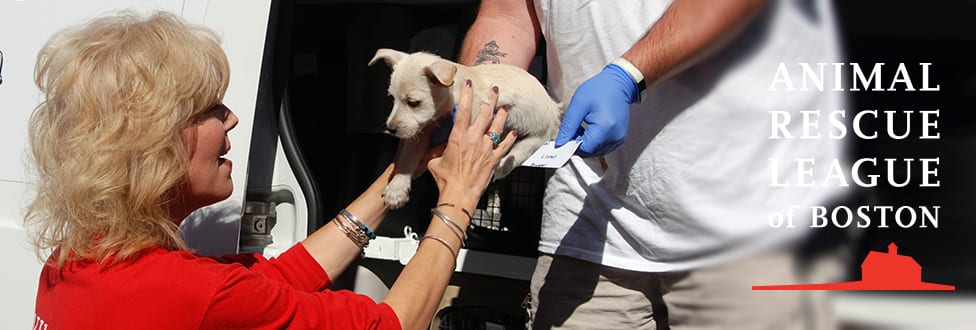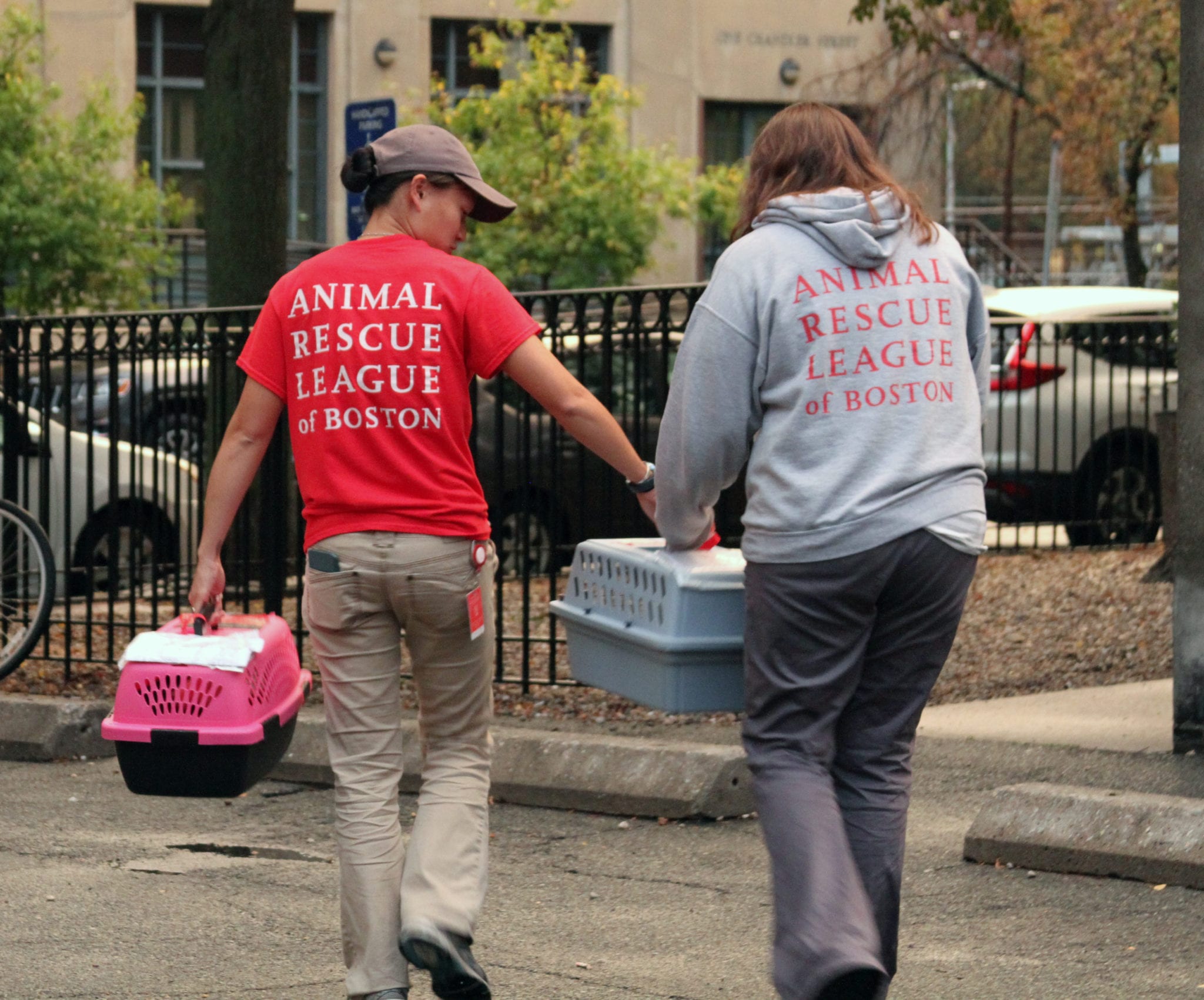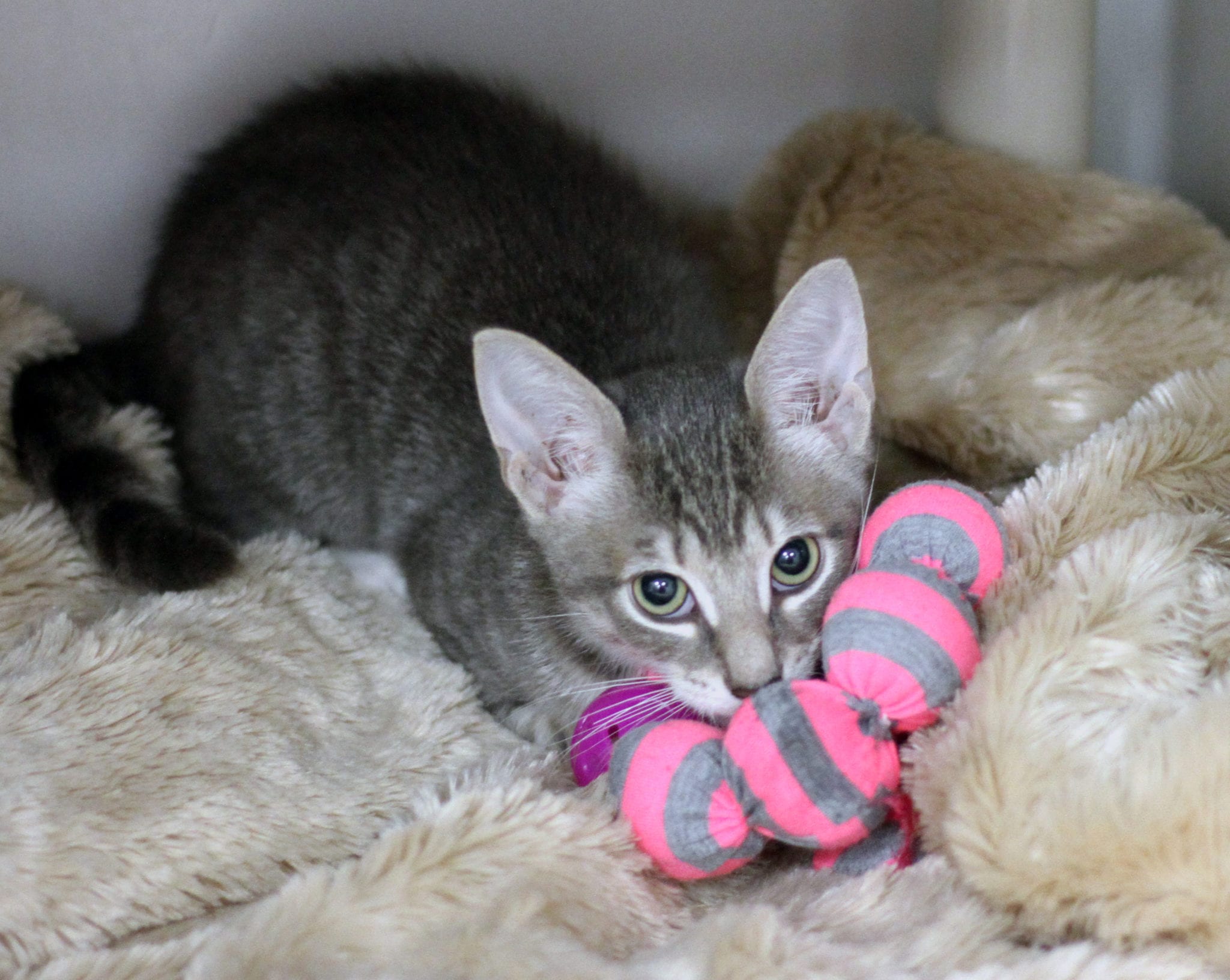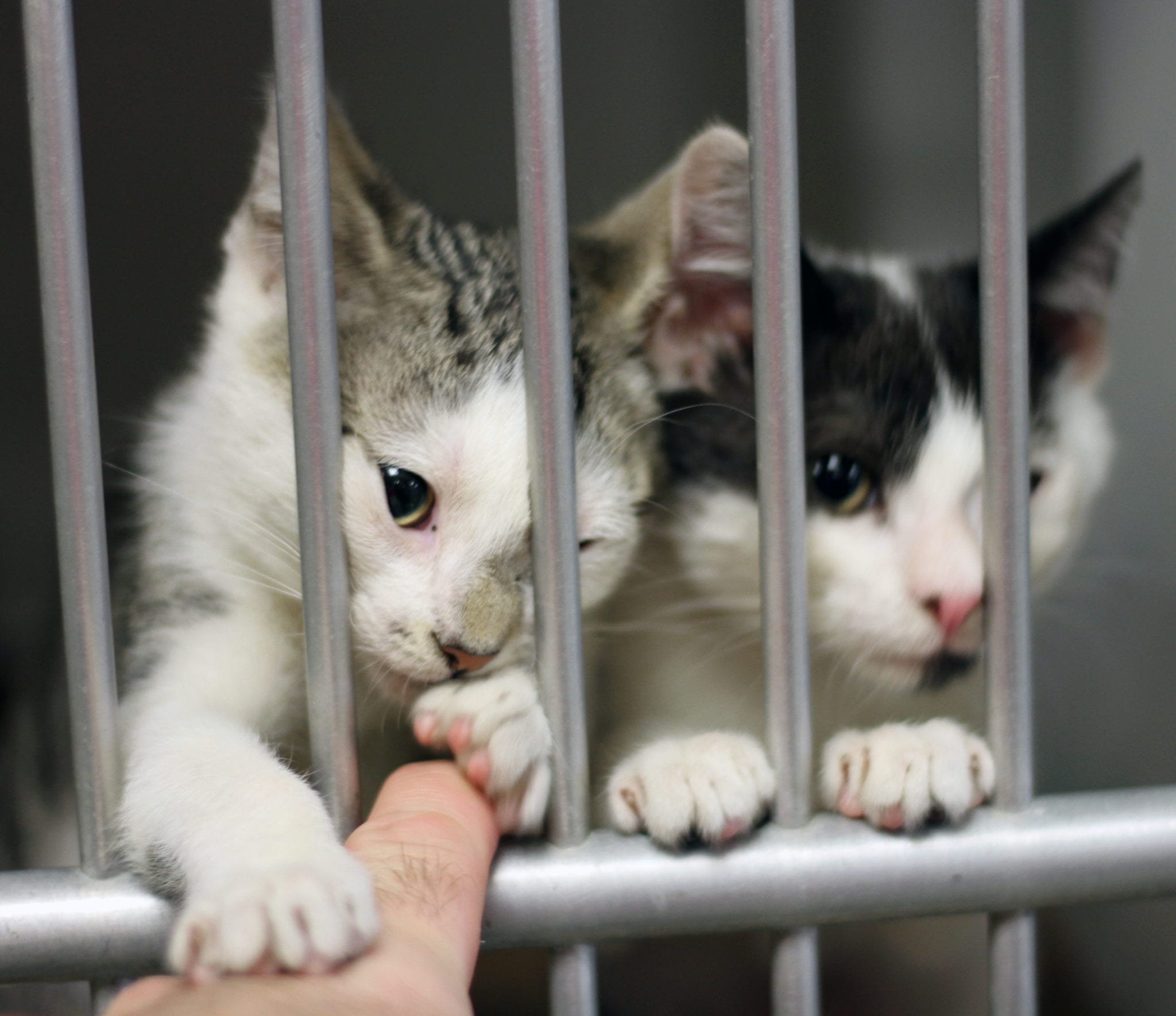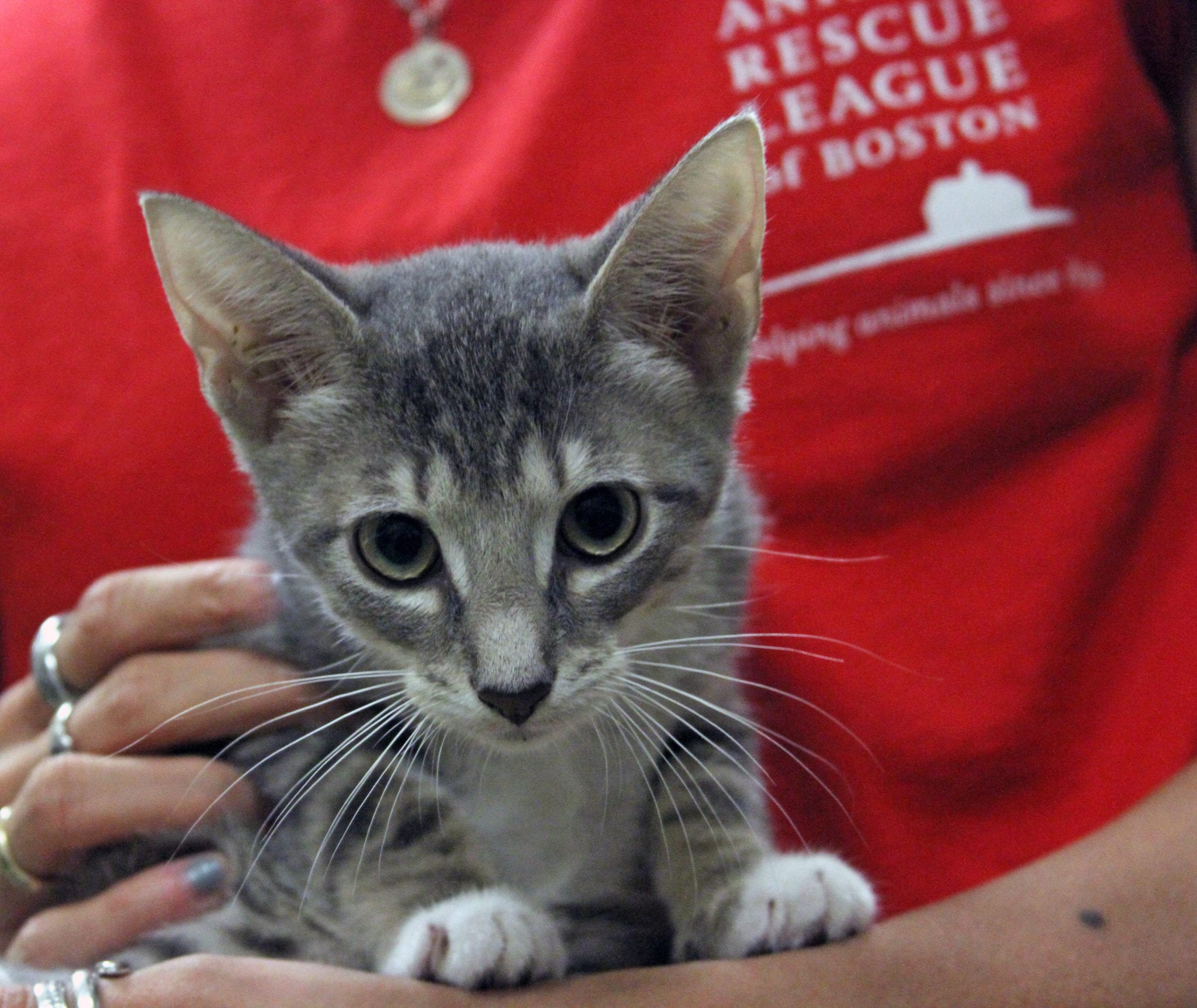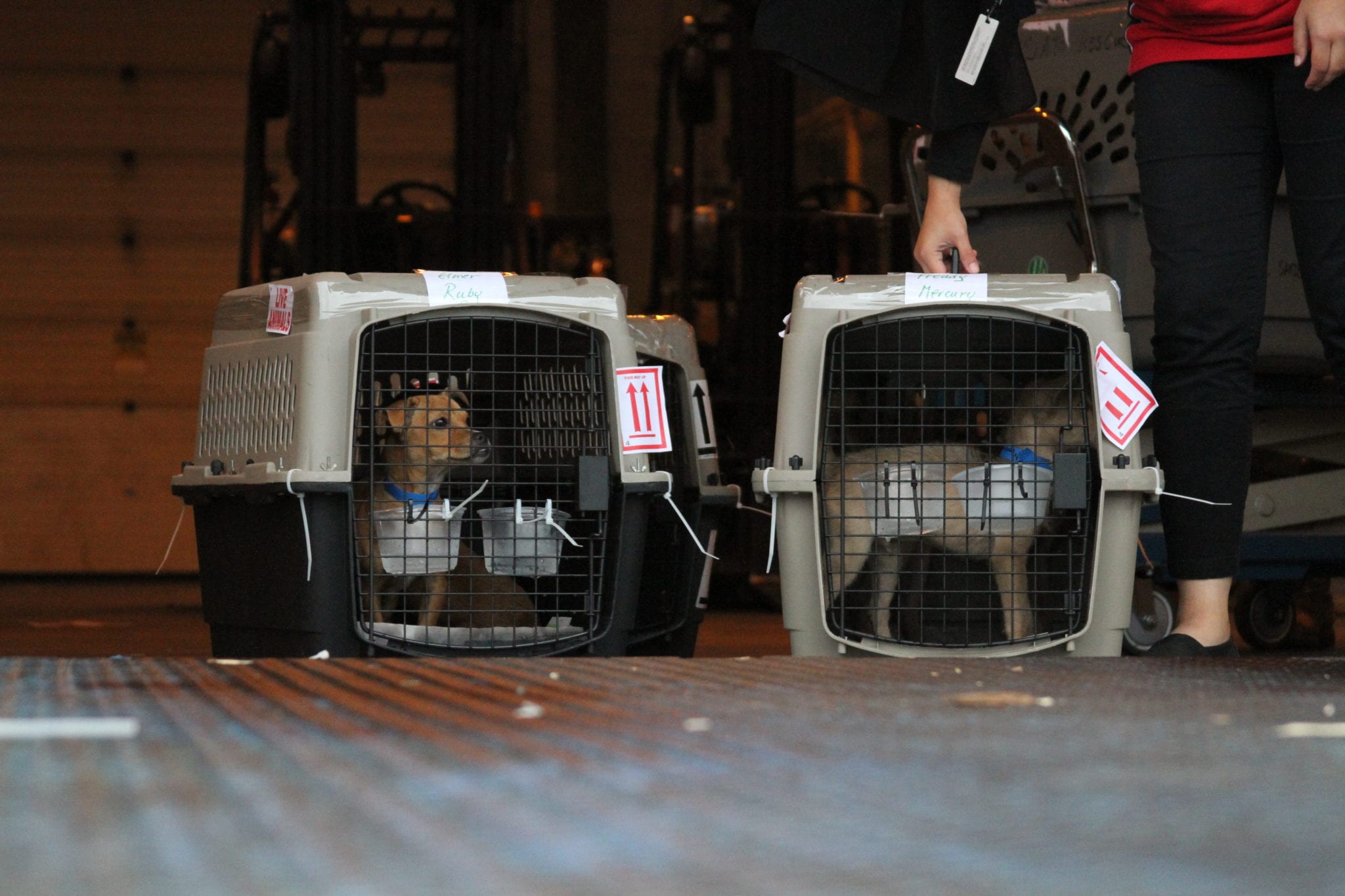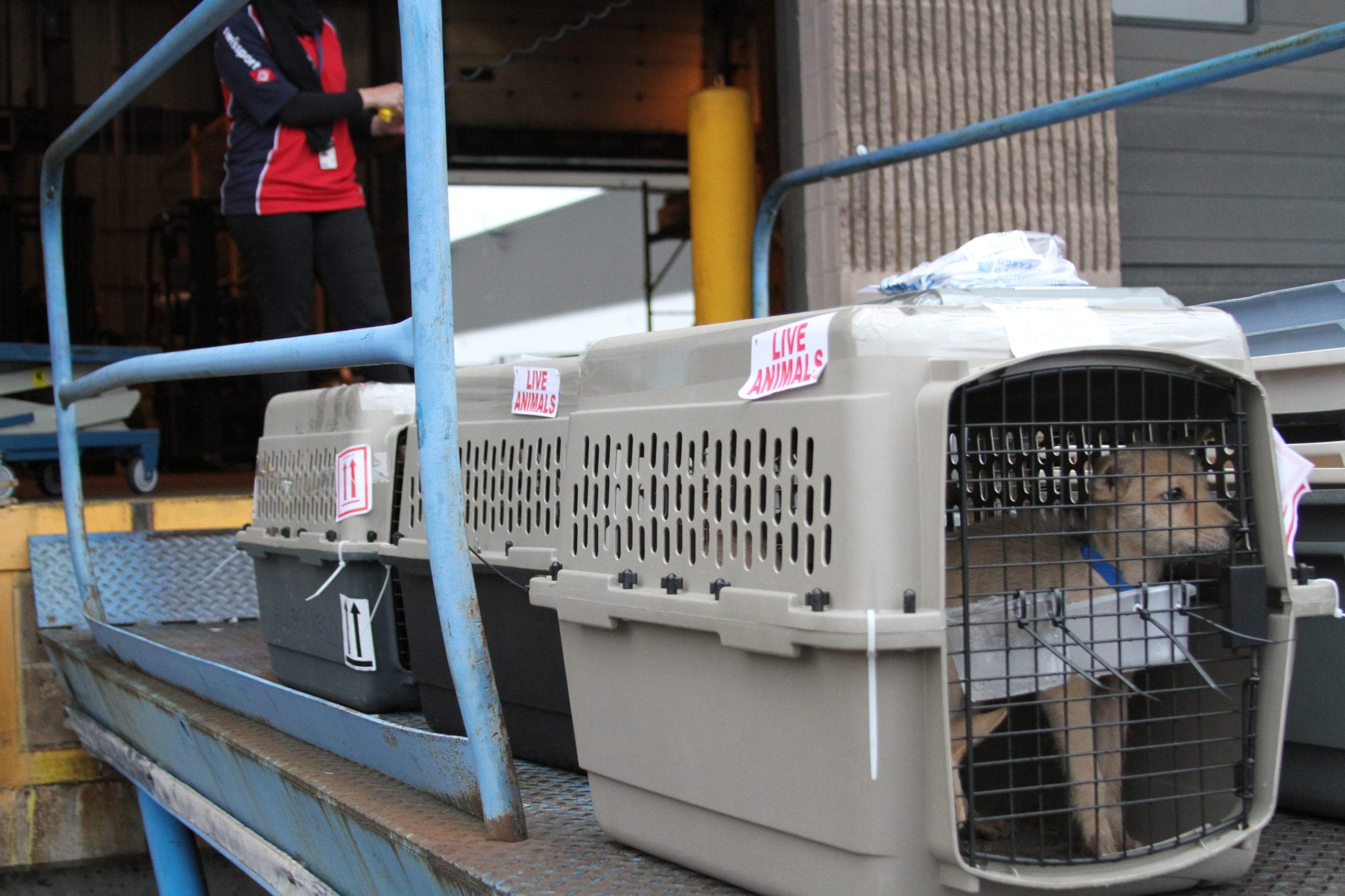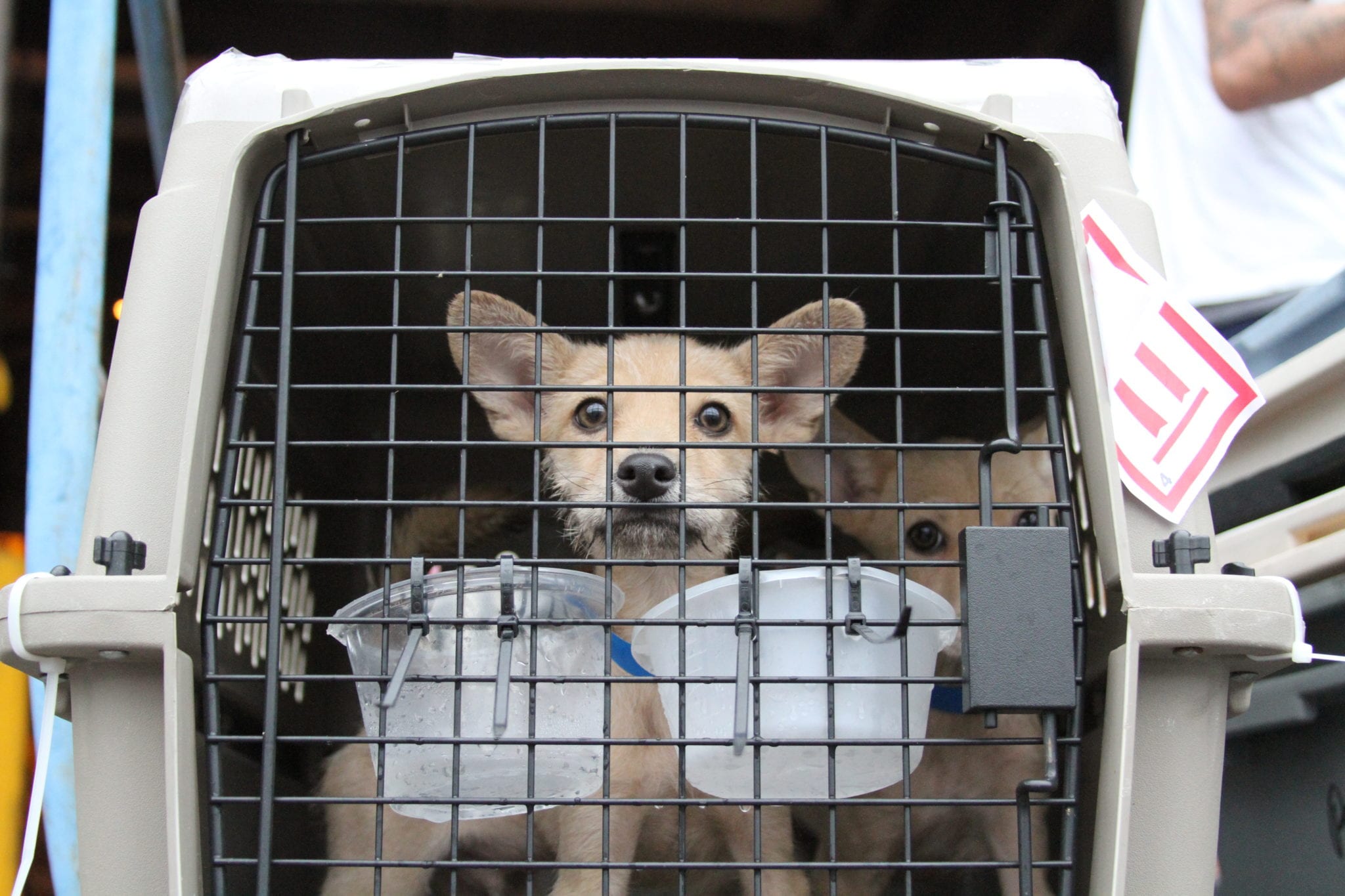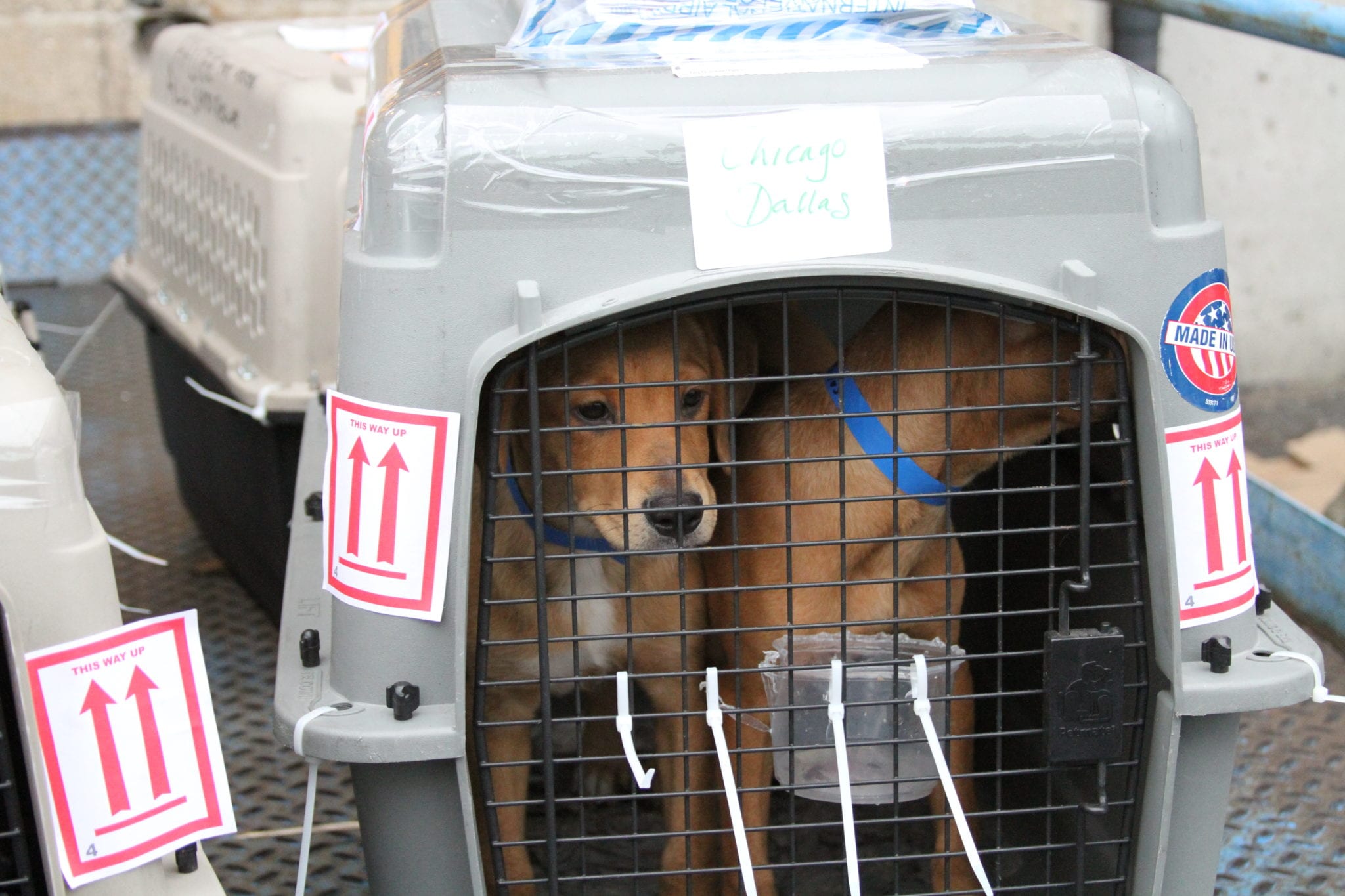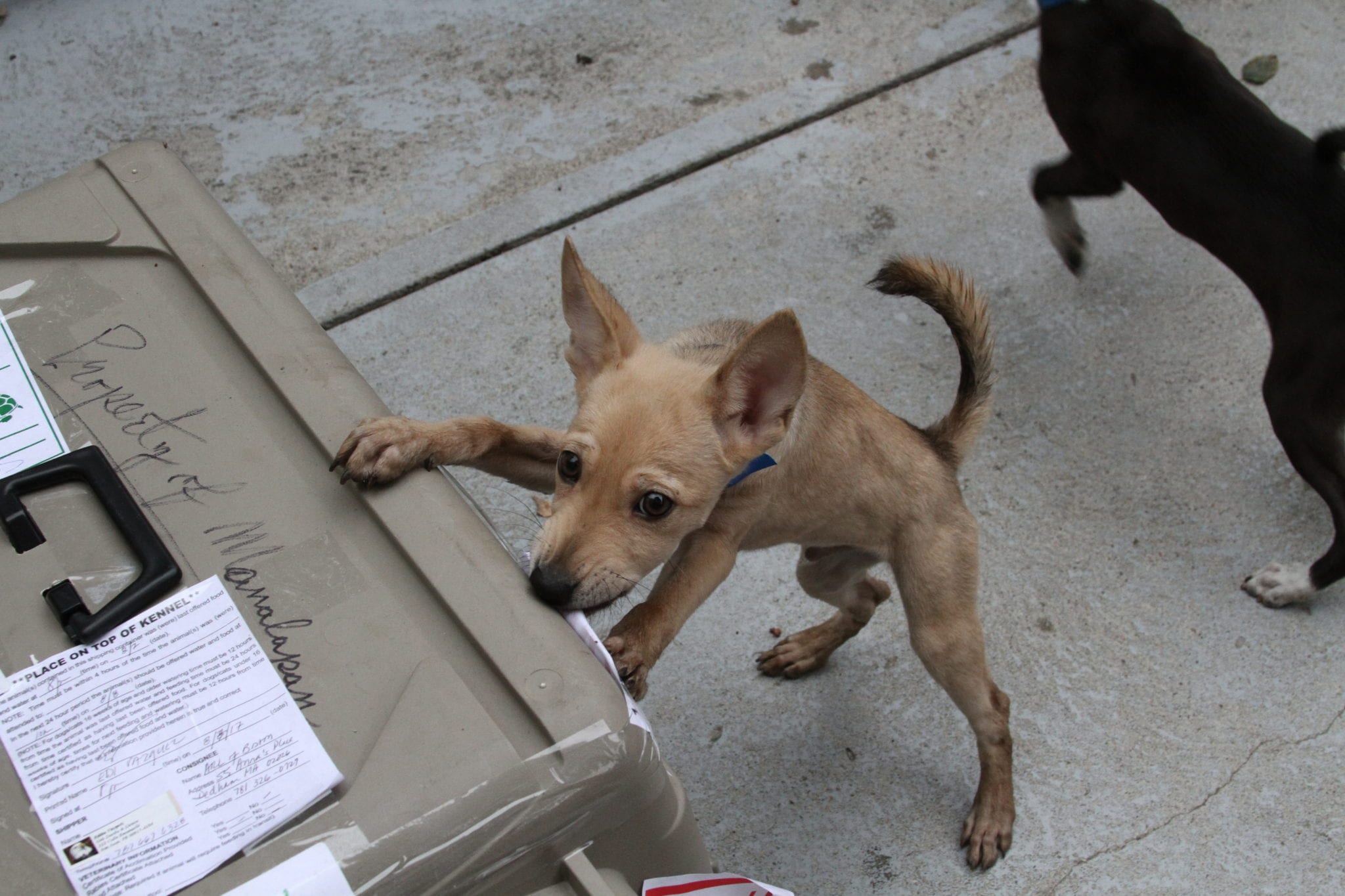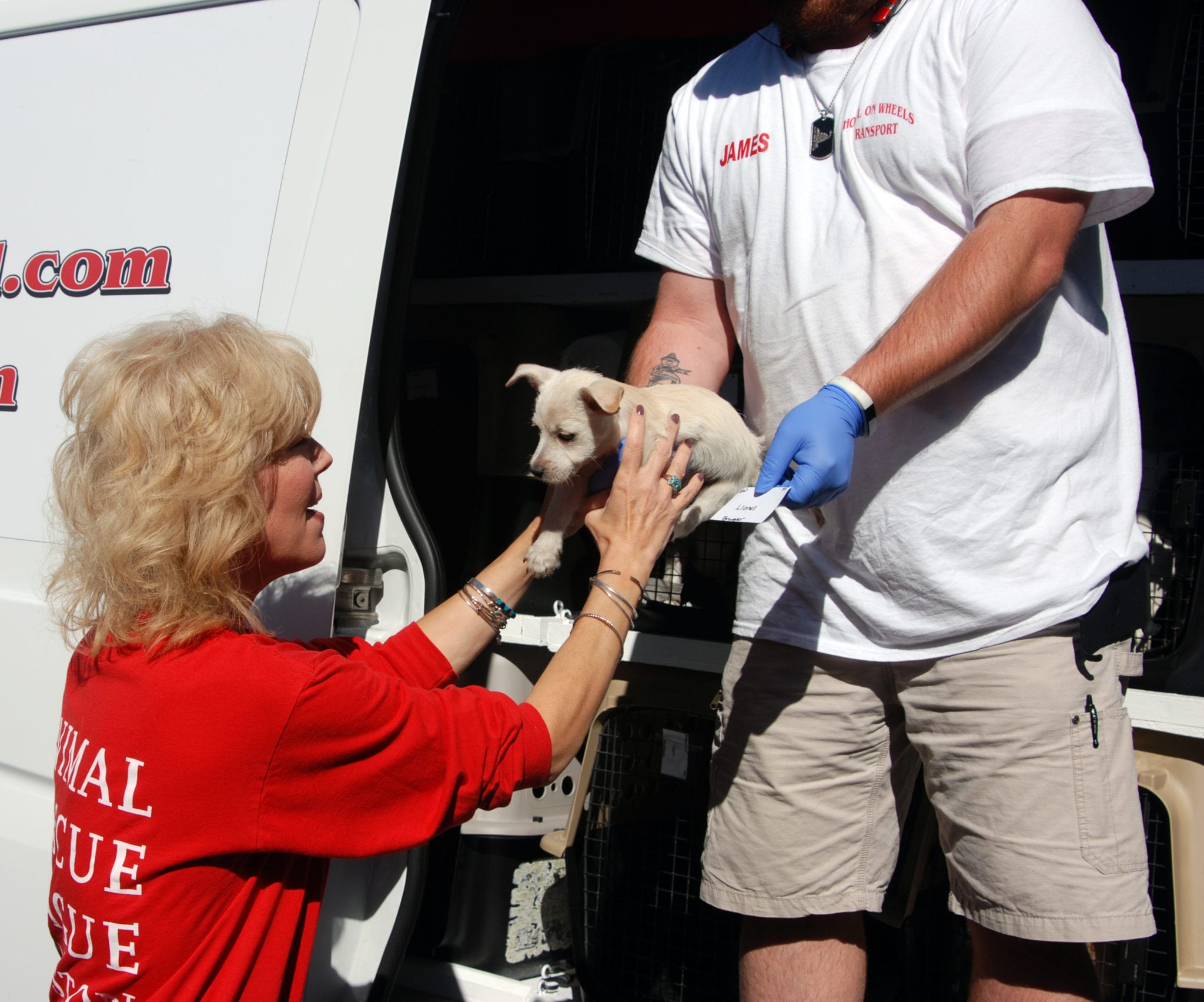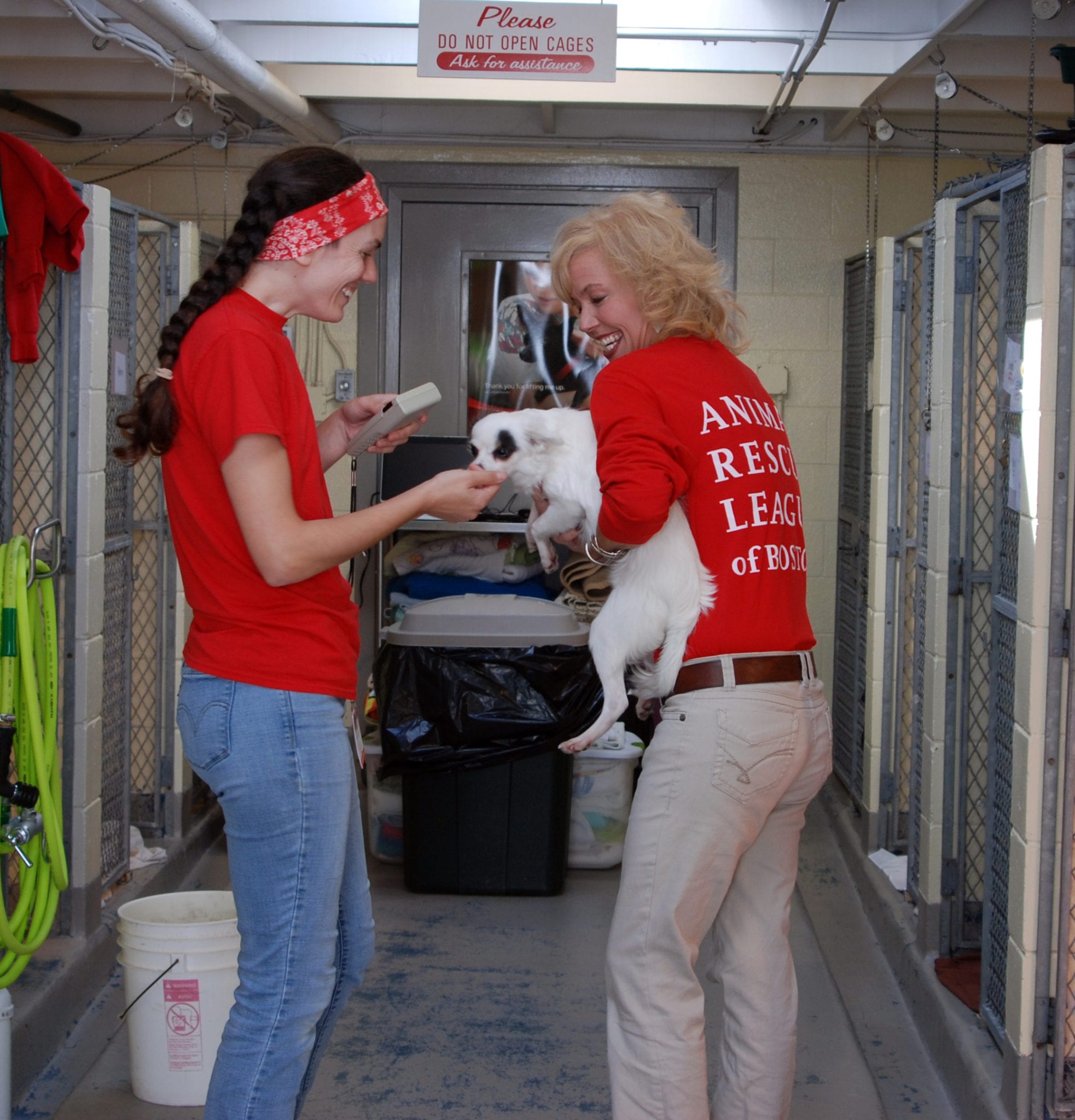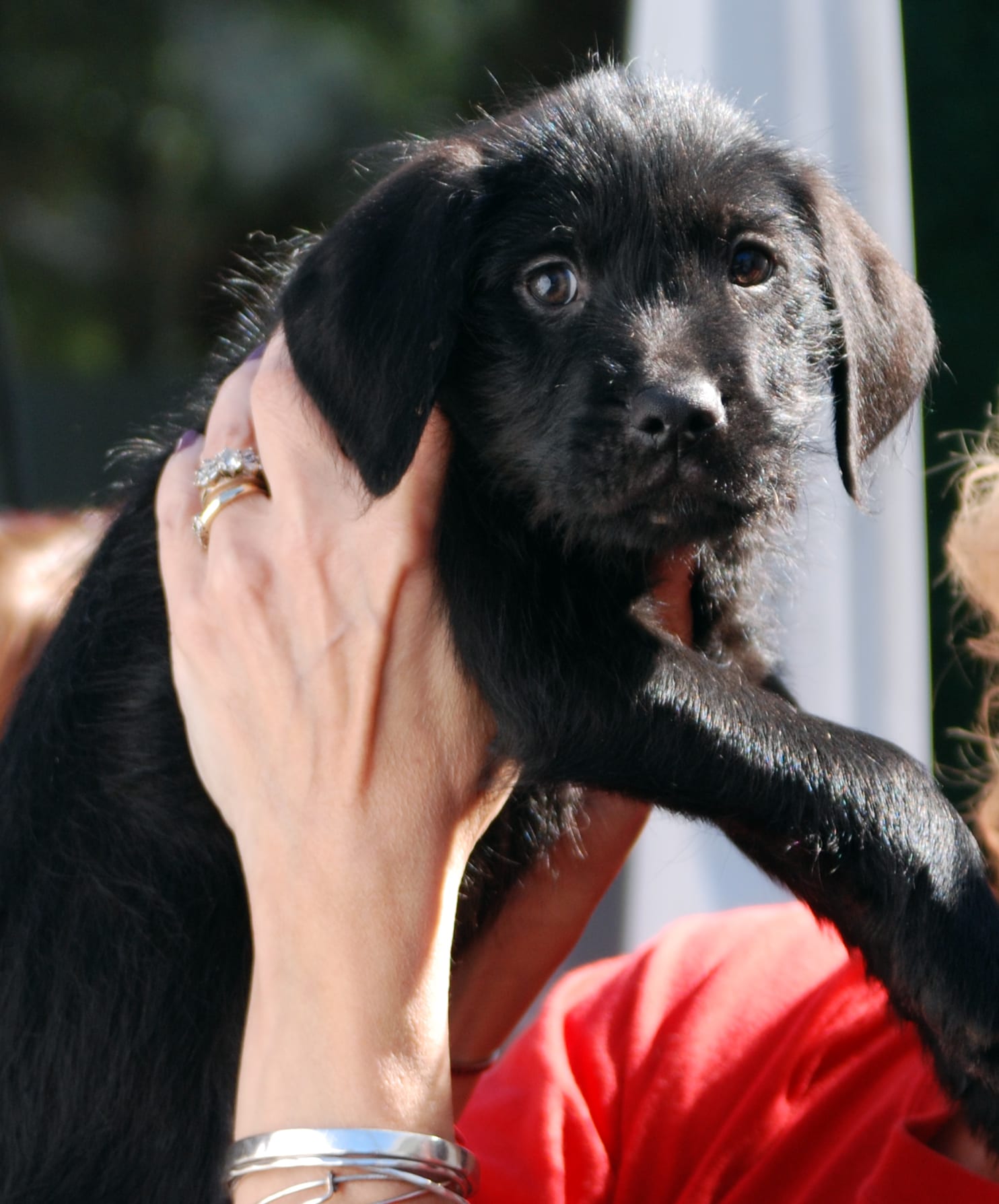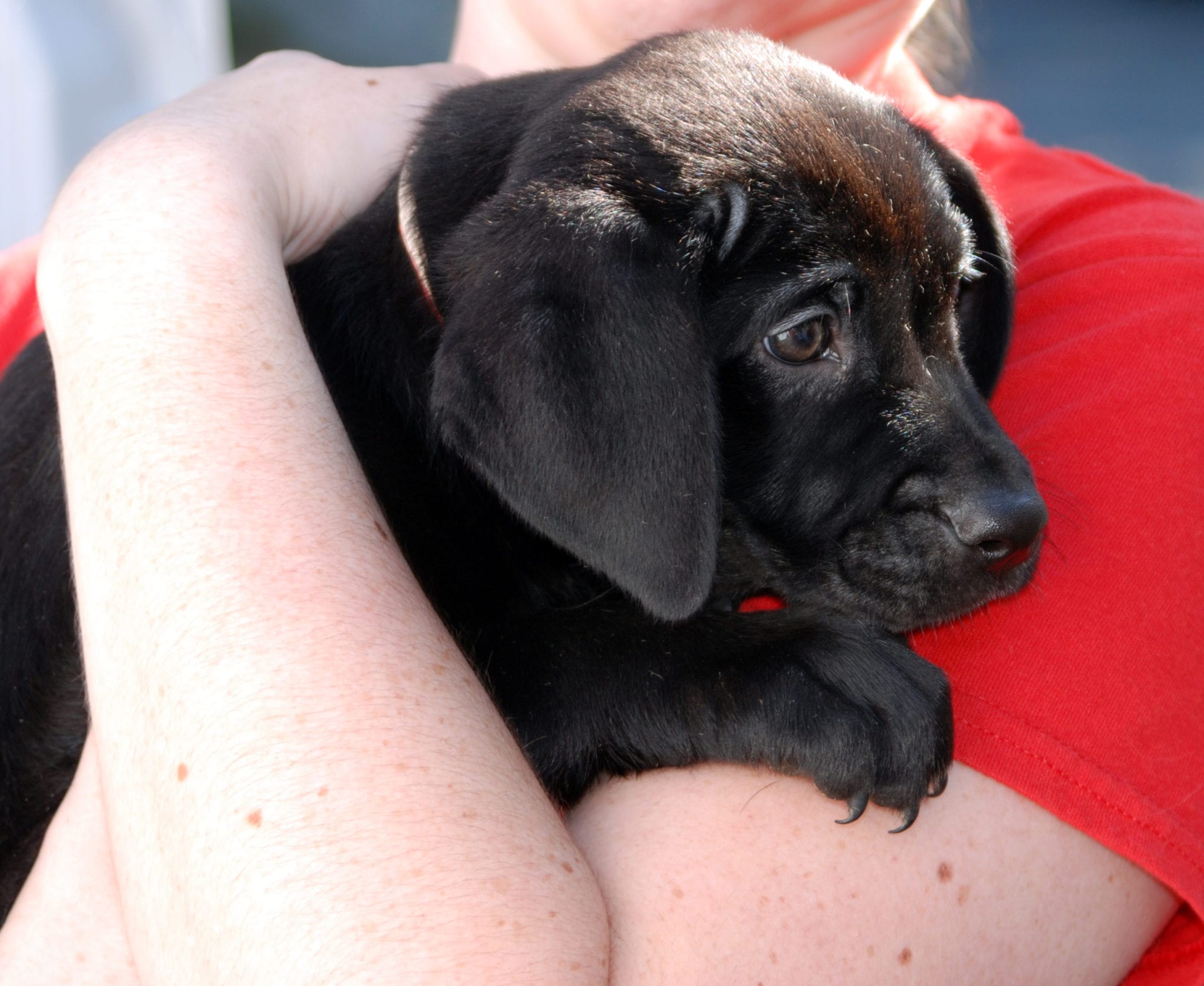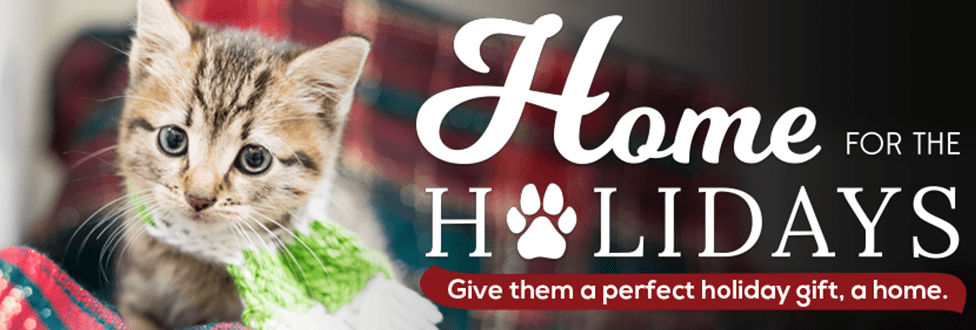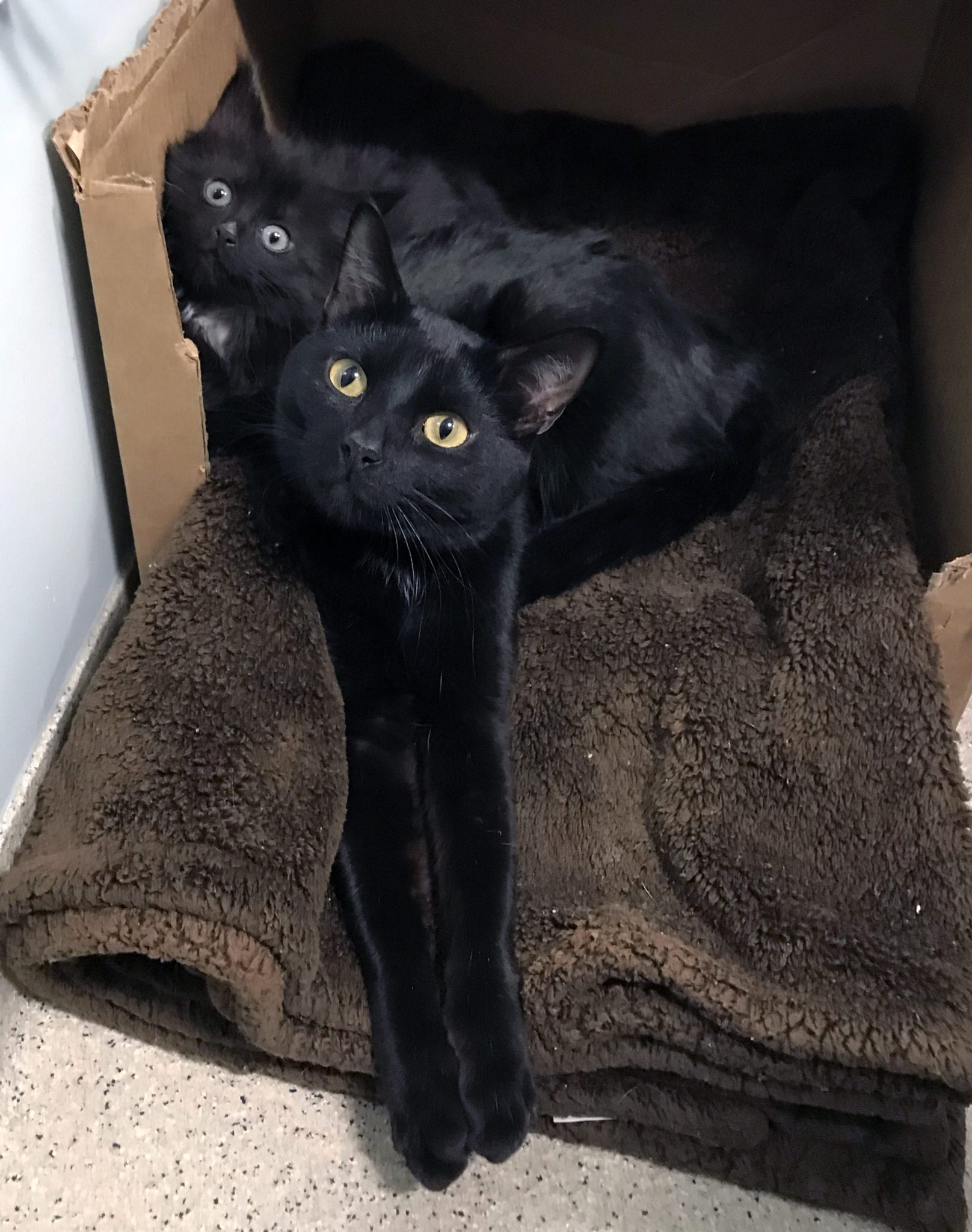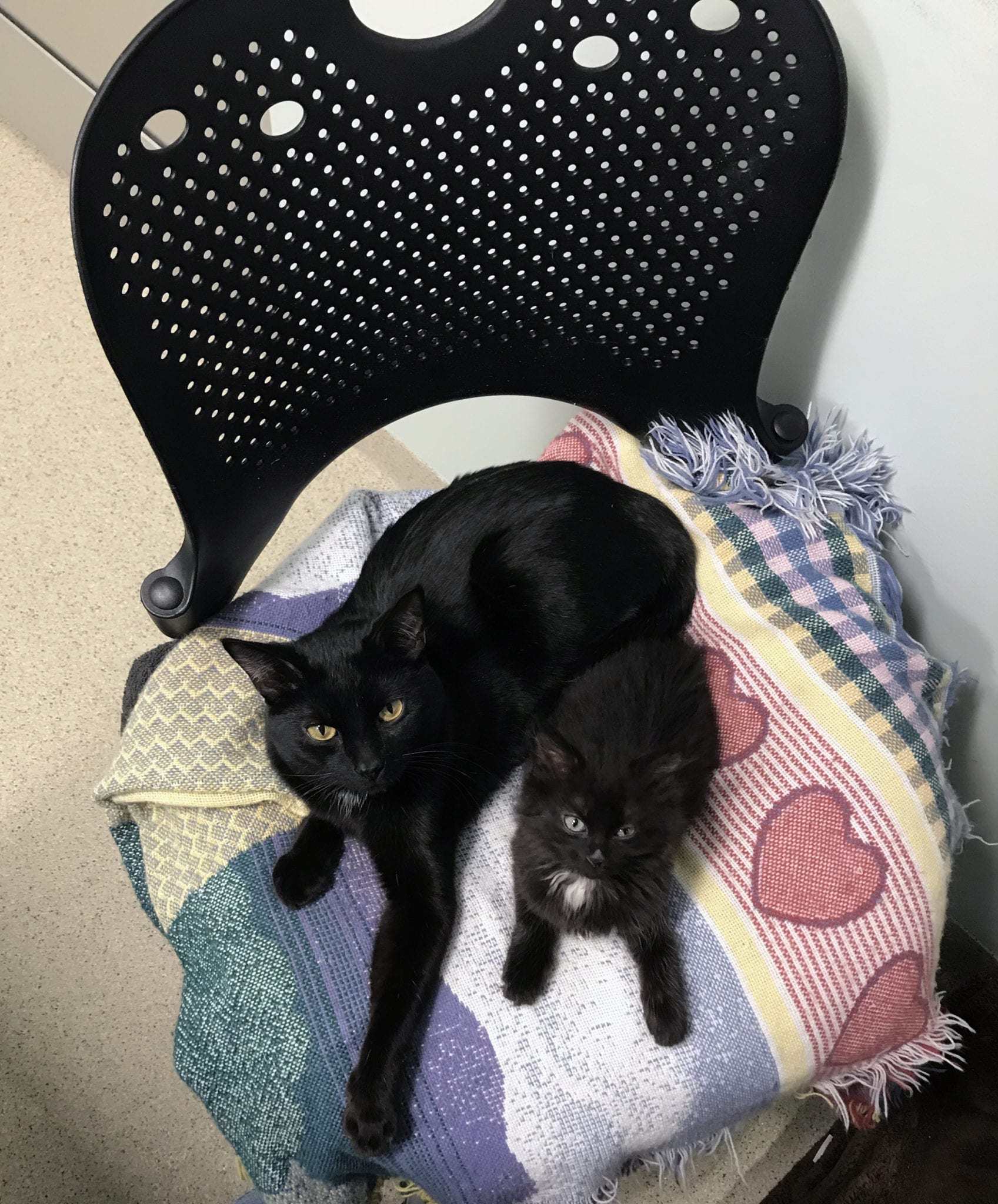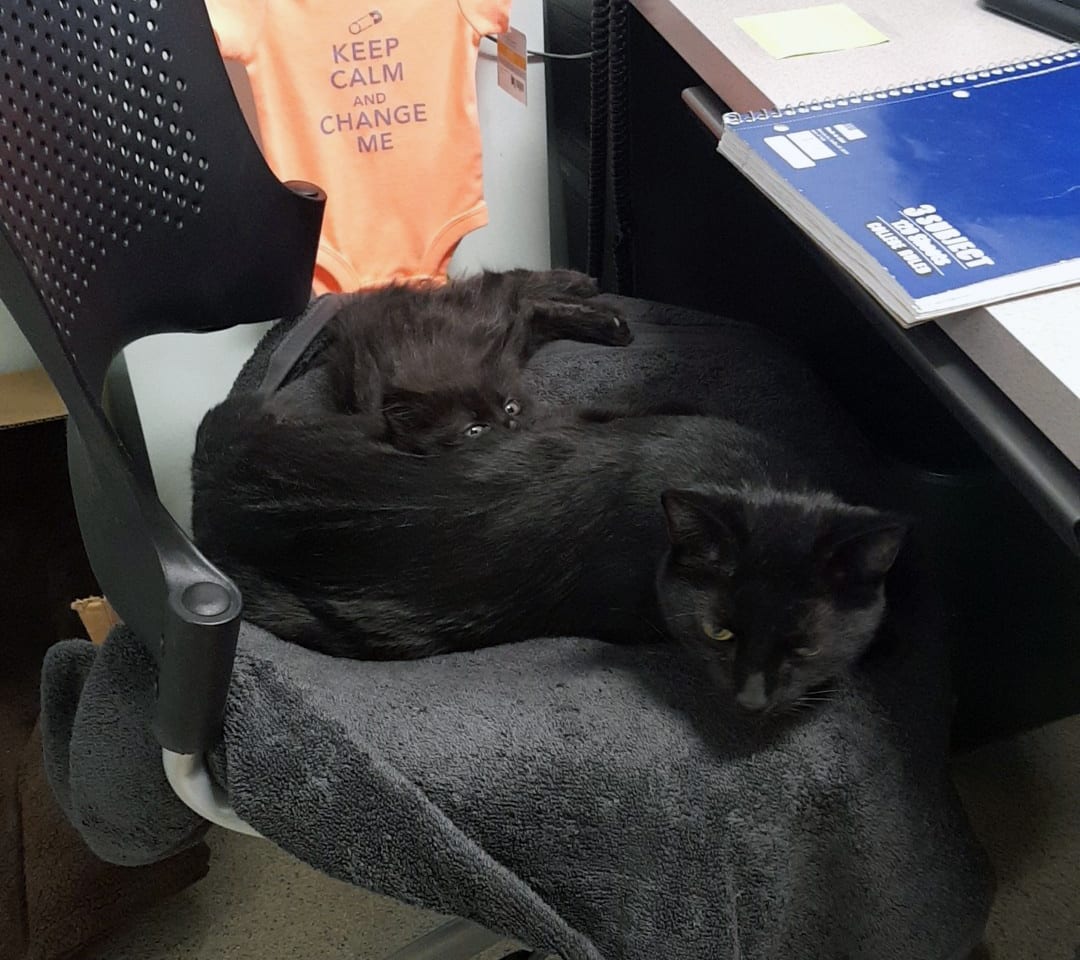February is National Spay/Neuter Awareness Month
5 reasons why you should spay/neuter your pet
During National Spay/Neuter Awareness Month this February, the Animal Rescue League of Boston (ARL) reminds the public that pet overpopulation is a real issue, however, there are steps us humans can take to curb this problem.
“There are too many cat and dogs in our communities that don’t have homes,” explains Dr. Edward Schettino, ARL’s Vice President of Animal Welfare & Veterinary Services. “Every year, animal shelters like the ARL are inundated with stray and surrendered puppies and kittens that are the result of unplanned litters.”
In fact, national studies have found that amongst pet owners who indicate that their pets had at least one litter, 59% of cat owners and 38% of dog owners described the litter as “unintentional” or “accidental.”
Dr. Schettino believes that one reason that pet owners choose not to spay or neuter their pet is misconceptions about the low-risk surgery. “If we can increase spay and neuter rates, we can help prevent pet overpopulation.”
In addition to the benefits to the community, here are 5 more reasons why you should spay/neuter your pet:
 1. Cost Savings. The cost of caring for an unplanned litter of puppies or kittens far outweighs the cost of having a pet spayed or neutered. The good news – there are many affordable and free options in Massachusetts!
1. Cost Savings. The cost of caring for an unplanned litter of puppies or kittens far outweighs the cost of having a pet spayed or neutered. The good news – there are many affordable and free options in Massachusetts!
2. Reducing Spraying. Neutering resolves the vast majority of marking behaviors—even when a cat has a long-standing habit. Other nuisance behaviors such as howling in cats and excessive barking in dogs eases and even disappears after surgery.
3. Stopping Scuffles. According to the National Canine Research Foundation, approximately 92% of fatal dog attacks involved male dogs, 94% of which were not neutered. Neutering male dogs and cats reduces their urge to roam and fight with other males.
4. Extending Life Span. The USA Today reports neutered male dogs live 18% longer than un-neutered males, and spayed females live 23% longer than unspayed females.
5. Long-Term Health Safeguard. Neutering male cats and dogs before six months of age prevents testicular cancer. Spaying female cats and dogs before their first heat offers protection from uterine infections and breast cancer.
ARL offers a number of spay and neuter services and programs, including the Spay Waggin’ and the Healthy Moms, Happy Litters Program.
